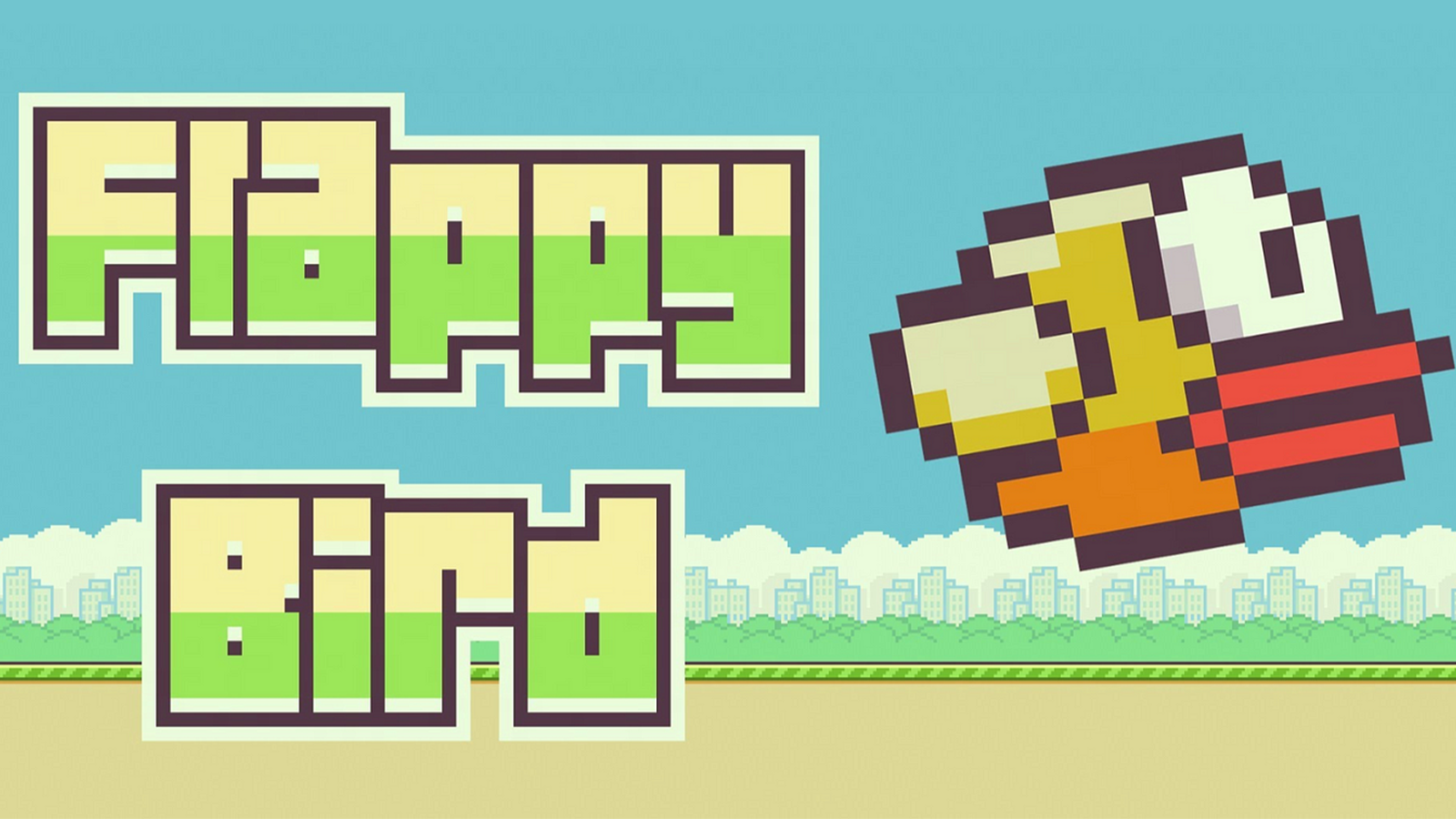
How a Game Flappy Bird with Basic Graphics Became a Cultural Phenomenon
In the world of mobile gaming, few titles have achieved the level of cultural impact that Flappy Bird has. Released in 2013 by Vietnamese developer Dong Nguyen, Flappy Bird quickly rose to fame due to its simple yet addictive gameplay. Its basic graphics, reminiscent of retro games from the 8-bit era, stood in stark contrast to the graphics-heavy titles flooding the mobile gaming market at the time. The game's premise was deceptively straightforward: players controlled a pixelated bird that needed to navigate through a series of green pipes without colliding with them. However, what truly captivated players was the game’s punishing difficulty and the endless quest for the highest score.
The Rise to Fame
Flappy Bird’s surge in popularity can be attributed to several factors. First, its mechanics were inherently shareable. Players would often post their high scores on social media, sparking friendly competition amongst friends and drawing in new players eager to take on the challenge. Additionally, the game was free to play and had no advertisements or in-app purchases, making it accessible to nearly everyone with a smartphone. Word of mouth played a significant role as well, with Twitch streamers and YouTube content creators further promoting the game through gameplay videos and challenges.
The Viral Sensation
Within months, the game had become a viral sensation, dominating app store charts across the globe. This unprecedented rise was surprising, given its minimalistic design and lack of complex storylines or character development. Flappy Bird became a cultural phenomenon, inspiring memes, merchandise, and even its own themed cafes. The game's popularity also led to a resurgence of interest in mobile gaming, as players sought out similar titles that offered a mix of simplicity and challenge. The character of the bird itself became an icon, serving as an emblem for those who enjoyed casual gaming.
The Flappy Bird Store
As for the commercial aspect, the frenzy surrounding Flappy Bird led to the creation of the "Flappy Bird Store," a unique spin-off that capitalized on the game's popularity. The store offered various merchandise, including plush toys, T-shirts, and other merchandise featuring the beloved bird. This expansion not only catered to fans but also reinforced the game's status as a cultural touchstone. The Flappy Bird Store became a place for fans to express their love for the game and connect with others, further solidifying the community that formed around this simple pixelated bird.
The Legacy of Flappy Bird
Today, Flappy Bird stands as a case study in how minimalistic design can create a lasting impact in the gaming industry. Although Dong Nguyen removed the game from app stores in 2014 citing concerns about its addictive nature, its legacy lives on. Many clones and spin-offs of Flappy Bird continue to populate app stores, showcasing how influential the game was in shaping trends in mobile gaming. Its ability to transcend typical gaming boundaries and connect with players on a personal level demonstrates the power of simplicity and community in creating a cultural phenomenon. In a world where sophisticated graphics and intricate narratives often dominate, Flappy Bird serves as a reminder that sometimes, less truly is more.
.png)